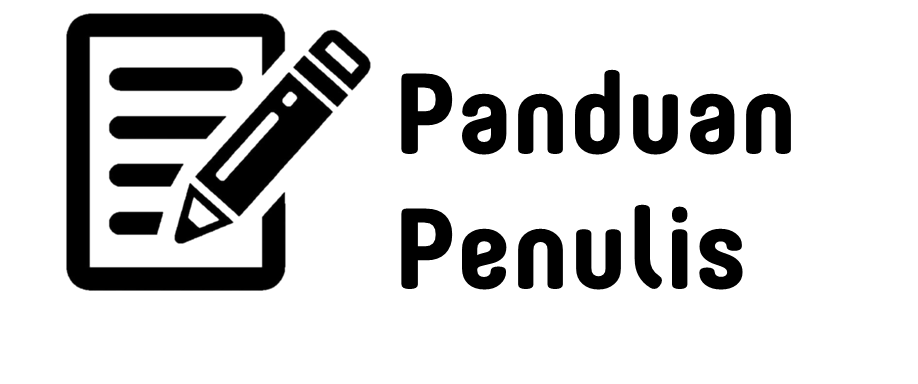MANAJEMEN STRATEGI PEMBAGIAN SERTIFIKASI HALAL BAGI PELAKU USAHA UMKM GUNA MENDORONG EKONOMI MANDIRI DI KABUPATEN BANDUNG
DOI:
https://doi.org/10.56655/jid.v3i1.158Keywords:
UMKM , halal certificate , SEHATIAbstract
The Indonesian government has designated halal certification as a key factor in enhancing the competitiveness of local products and facilitating the expansion of Micro, Small, and Medium Enterprises (MSMEs) in the food sector. Furthermore, the government has underscored that starting in 2024, products circulating in the community that are not halal-certificated will face sanctions in accordance with the provisions outlined in Presidential Regulation No. 39 of 2021. In response to this, the government initiated the SEHATI (Gratis Halal Certificate) program, with a quota of one million certificates made available throughout the year. The implementation of Observation Experience, particularly in the Andir Subdistrict, Baleendah District, Bandung Regency, encompasses one of the programs aimed at assisting UMKM practitioners in obtaining halal certification for their products. This program is undertaken to maximize the fulfillment of the SEHATI program quota provided by the government and to assist UMKM practitioners who may lack understanding of the halal certification registration process. It also serves as an educational effort, specifically targeting UMKM practitioners, to raise awareness about the importance of halal certification for marketed products. The execution of this program is futher guided by LP3H (Institution for Assisting the Halal Product Process) to ensure that the procedures for registering halal certificated products align with established standards and to gain trust from the surrounding community, especially UMKM practitioners, that this program is government-based and not fraudulent.
Downloads
Published
How to Cite
Issue
Section
License
Copyright (c) 2024 Tati

This work is licensed under a Creative Commons Attribution 4.0 International License.







